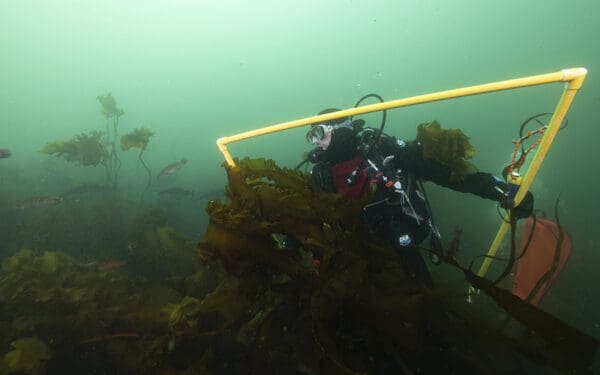
The "citizen suit" has become indispensable in protecting the public from violations of environmental laws. Photo: Shutterstock
For decades, there wasn’t much a private citizen could do when a factory belched smoke into the air or dumped toxic chemicals into a river. Citizens could only stare aghast as rivers caught fire and overhead skies darkened with soot.
But after Congress passed new environmental laws in the 1970s, things changed. Suddenly, private individuals whose health and well-being were threatened by toxic pollution had the power to hold both individuals and government agencies accountable through the “citizen suit” provisions of these laws. Those provisions allow anyone affected by a polluting person or corporation to sue them for violating federal statutes like the Clean Air Act, the Clean Water Act, and the Safe Drinking Water Act. They also allowed citizens to sue state and federal government agencies for failing to enforce state and federal rules protecting clean air and water.
Citizen Suits are a Tool to Protect People
Today, citizen suits are a critical tool in protecting people and the planet. They act as a potent lever to ensure that corporations, individuals, and agencies follow the law. And for environmental organizations like CLF (where approximately 80% of the lawsuits we file use these provisions), they are a fundamental way to make government, businesses, and individuals clean up pollution.
Case in point: In the 1980s, when city and state leaders violated the Clean Water Act by allowing raw sewage to be dumped into Boston Harbor, CLF sued the state using a citizen suit. Forty years later, we used a citizen suit to sue the EPA for failing to regulate stormwater runoff from private property owners abutting the Charles, Mystic, and Neponset Rivers in Massachusetts.
Our current suit against Cooke Aquaculture, one of the largest aquaculture companies in the world, also uses the citizen suit provision. Cooke has been fouling waters off the coast of Maine for decades. Our suit will protect the coastal ecosystem, wild fish species in the area, and the people relying on them.
Championing Citizen Suits
CLF doesn’t just win citizen suits. We protect people’s right to bring them. CLF recently scored a major victory strengthening and expanding people’s ability to sue to protect themselves from air pollution.
When CLF attorneys filed a lawsuit against a company that was allowing its idling vehicles to spew tailpipe pollution, a judge made a shocking ruling that could have dramatically undermined citizen suits. The judge stated that CLF’s plaintiffs didn’t have the right to bring the case since their health had not provably worsened, and some had not modified their behavior in response to the pollution, which can be an impossibly high standard to prove.
Unwilling to give up on our members’ right to clean air, CLF appealed the decision. A higher court panel of judges overturned the lower court judge. They stated that CLF had standing to sue as long as members showed they breathed the pollution, had a reasonable fear that the tailpipe pollution would harm their health, or enjoyed outdoor activities less. Finally, the court cinched a victory for clean air advocates by stating it is enough to be near pollution to be affected by it. But the fight is not over yet. In October of 2025, CLF attorneys will be taking the case to trial so the people of Greater Boston can breathe easier.
The citizen suit provision is so fundamental that CLF has pushed to include it in state laws, as well. That provision has been critical for the enforcement of laws passed in Vermont, Maine, and Massachusetts to reduce the carbon pollution overheating our planet.
A Provision with Big Results
We have seen significant triumphs already in other major citizen suits. Water bodies across New England, from Boston Harbor to Casco Bay to Narragansett Bay to Lake Champlain, are cleaner because of it. So are neighborhoods formerly sullied by tailpipe exhaust and particulate matter from coal plants.
While some powerful groups dislike the power that the citizen suit gives everyday citizens to stand up for themselves, the truth is that, without this provision, we’d be living in a different world — a world of dirtier water, dirtier air, and less healthy communities. We’ll keep using and strengthening this essential tool to fight for a better world.



